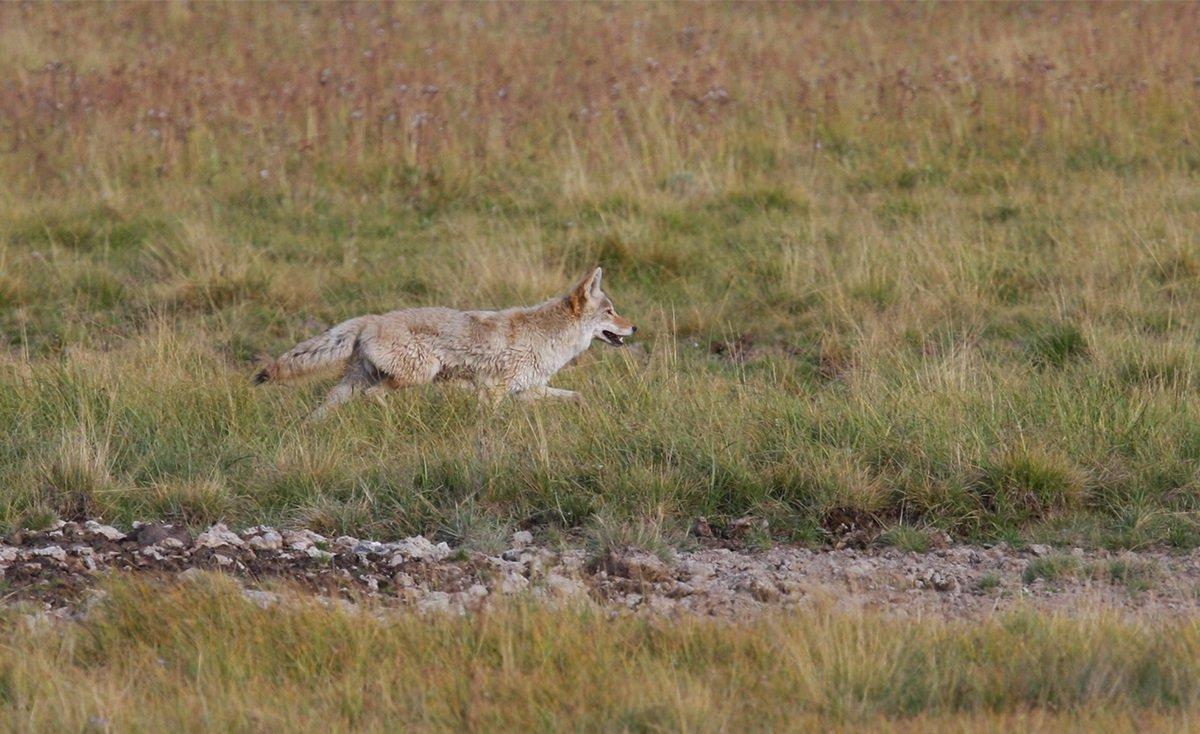The agency will pause the use cyanide-based traps, known as M-44s, until the review is complete

Earlier in 2019, Wildlife Services was sued by the Center for Biological Diversity, Western Watersheds Project and WildEarth Guardians, which claimed the agency's predator-damage management program in Wyoming did not thoroughly take into consideration the impacts it had on other animals and the environment. They say the traps, which Wildlife Services uses to target coyotes, wolves and other predators that cause damage to crops and livestock, are dangerous for humans and non-target animals.
Under the recent agreement, Wildlife Services must complete an environmental assessment and issue either a finding of no significant impact or a notice that it will prepare a full environmental impact statement by 2021.
During the review, the agency cannot use M-44s on Wyoming National Park Service lands, Forest Service lands, wilderness areas or wilderness study areas in the state. Under the agreement the agency must also refrain from using den fumigants or lead ammunition on these lands during that time. Wildlife Services will also stop aerial operations on wilderness areas or wilderness study areas in Wyoming during the review.
The Wildlife Society, which reported on this action, has a Standing Position on Wildlife Damage Management, which acknowledges the importance of addressing damage caused by wildlife. TWS also supports the use of traps to control predators. The society calls for ethical trapping methods that cause animals to expire quickly or capture and restrain animals in systems that reduce or eliminate injuries.
Earlier this summer, the Environmental Protection Agency issued a decision permitting continued use of M-44s with updated safety rules but reversed this decision pending further review of M-44s.
Lawmakers introduced federal legislation in May to ban cyanide traps, but no hearings or votes have been held.
Years ago, I wrote a blog about an Idaho boy who was sprayed by a cyanide bomb that also killed his beloved dog. The trap was planted by Wildlife Services, which issued the following statement.
Wildlife Services understands the close bonds between people and their pets and sincerely regrets such losses, R. Andre Bell, a spokesman for the US Department of Agriculture, said in a statement. Wildlife Services has removed M-44s in that immediate area … and is completing a thorough review of the circumstances of this incident … to determine whether improvements can be made to reduce the likelihood of similar occurrences happening in the future.
What do you think about the use of M-44s as predator control?
For more crazy outdoor stories, visit The Realblog and check out Realtree's Facebook page.







